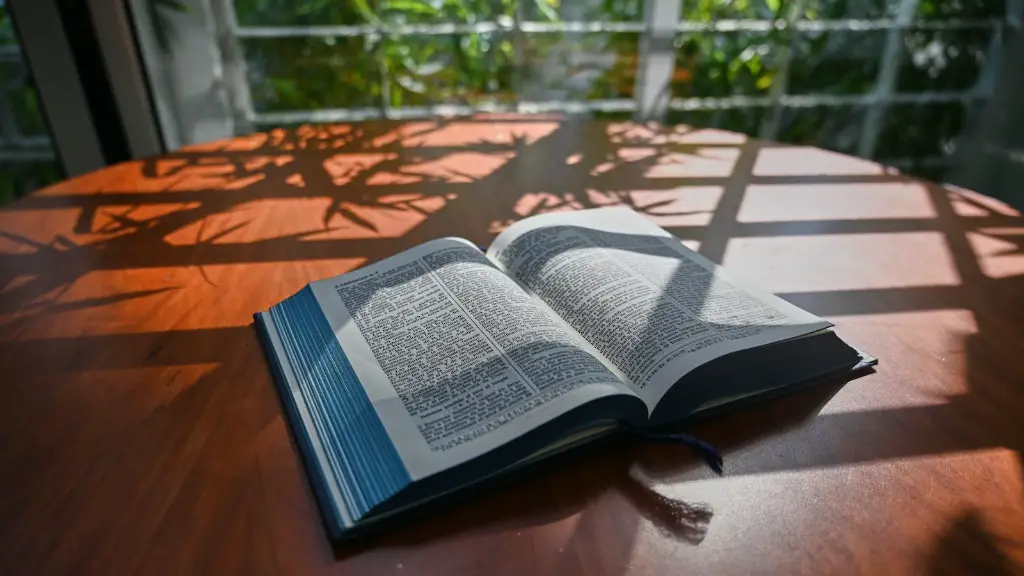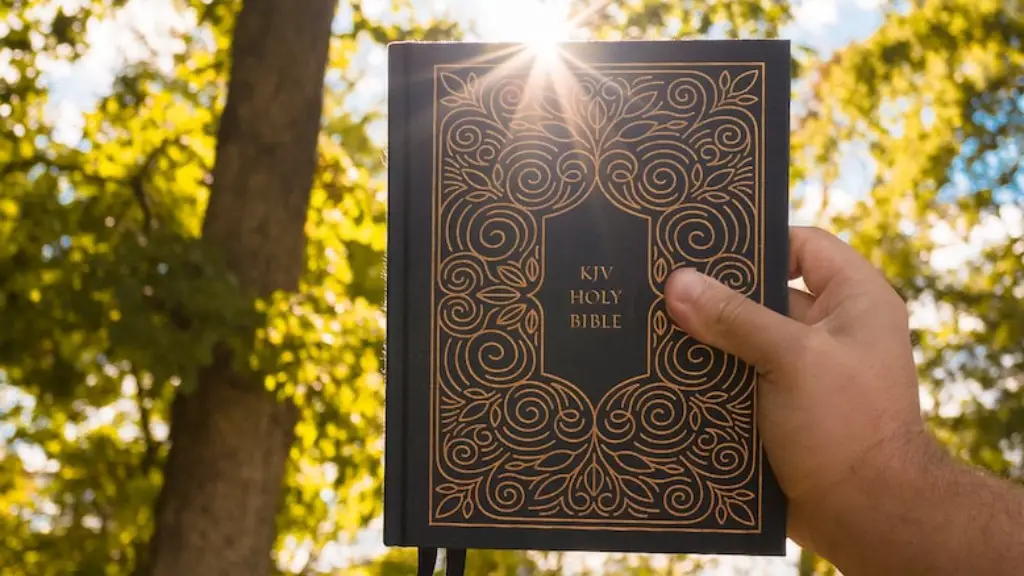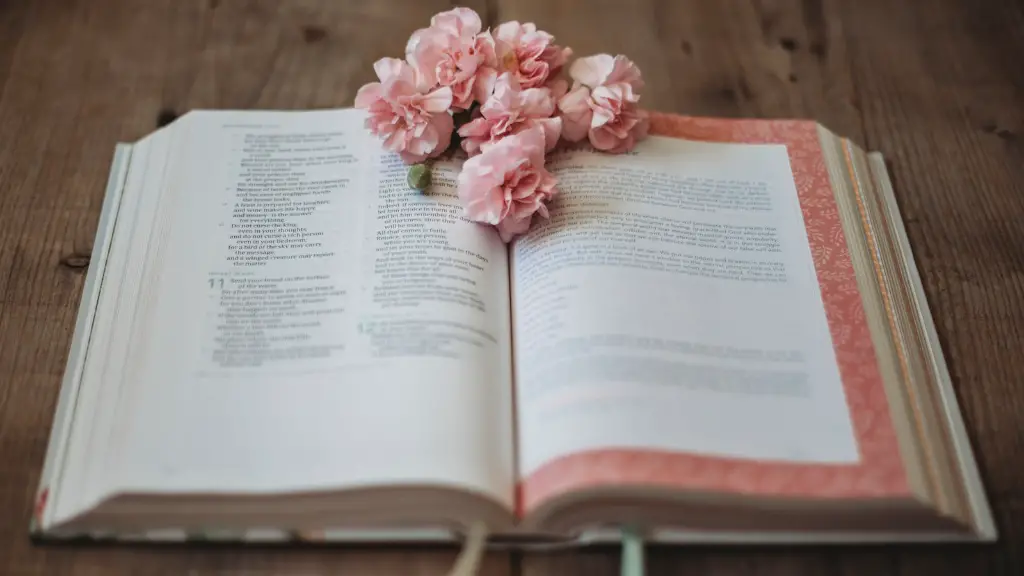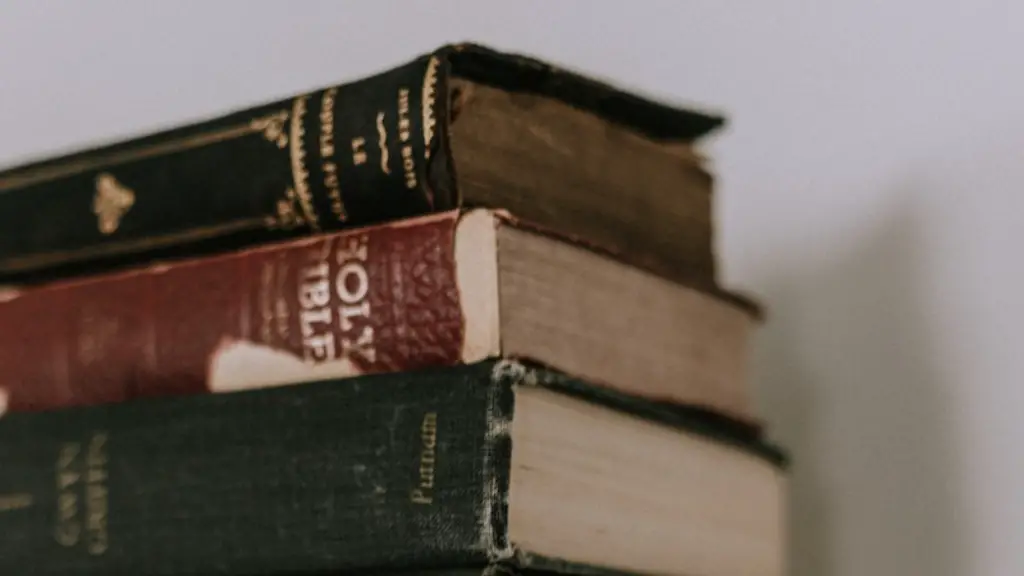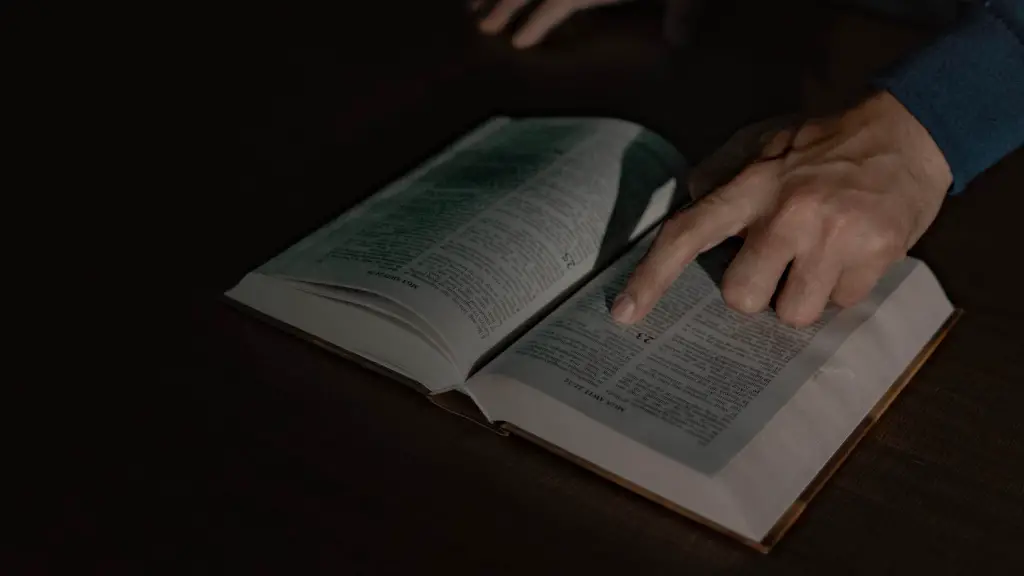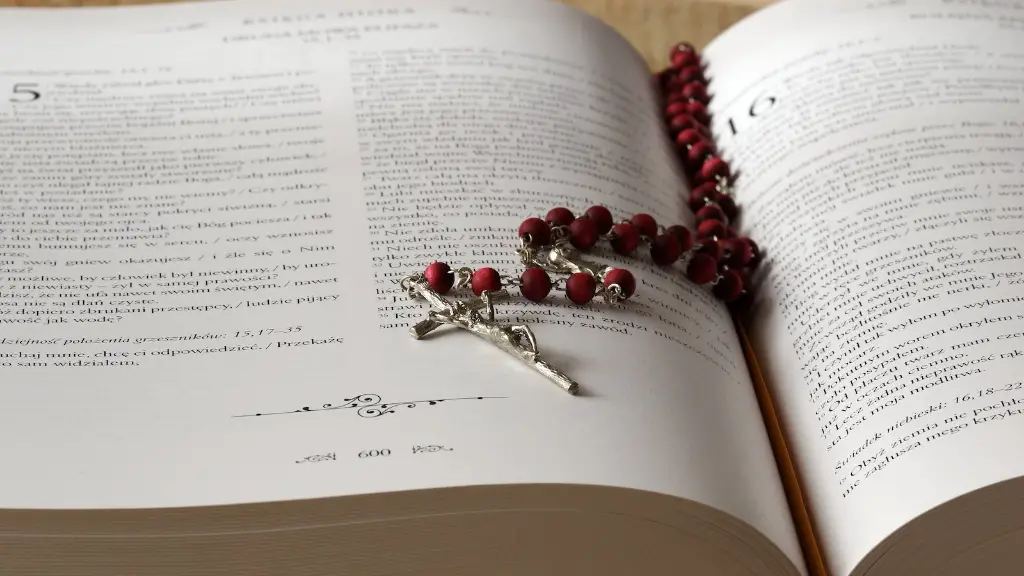Is Hanukkah mentioned in the Bible? This is a centuries old question with evidence both in favor of and against its acceptance. While not explicitly indicated in the Christian Bible, clues in other religious texts point to an association with the Hanukkah holiday. In this article, religious and theological scholars will offer insight into this relationship and why Hanukkah is still deeply meaningful and significant.
History of Hanukkah
Hanukkah is a Jewish festival celebrated each year for eight days. The traditional celebration is over the rededication of the Second Temple in Jerusalem that happened in the 2nd century B.C. during the reign of the Maccabees. It is also known as the Festival of Lights and is celebrated with lighting candles and exchanging gifts.
The exact historical origin of the festival is uncertain, but the festival was first noted in the book of the Maccabees. It was originally a multi-day feast and celebration of the Maccabees victory over the Greek-Syrians who wanted to assimilate the Jews into their culture. The book of Maccabees explains that after a long occupation, the Jews were able to regain their Temple and rededicate it to their God. As a way to commemorate this event and honor the Jewish faith, the Hanukkah festival was created.
Exploring the Bible’s Focus on Hanukkah
While the Bible does not specifically mention the celebration of Hanukkah, some scholars believe that it is referenced in the Old Testament. They point to verses like Leviticus 25:9-10 where God commands the Jews to celebrate special holy days. Additionally, Deuteronomy 16:16 states that “three times a year all your males shall appear before the Lord your God in the place which He chooses.” This verse is commonly interpreted as referring to Hanukkah as a mandated religious holiday that people could celebrate at holy sites in Israel.
In addition to these biblical verses, other texts make reference to the importance of Hanukkah. In the first book of the Maccabees, Judah Maccabee and his brothers declared a day of rest and celebration called the Festival of Lights in 164 B.C. to honor the religious freedom they had regained. They also established a dedication offering to rededicate the Temple.
Ritualistic Celebrations of Hanukkah
Rituals during the holiday center around the lighting of the Menorah, a seven branched candle that symbolizes the light of God. Each night, an additional candle is lit. Prayers are then said followed by the singing of traditional Hanukkah songs. Special foods like latkes and sufganiyot (donuts) are also enjoyed.
In addition to traditional rituals and celebrations, there are several other ways to observe Hanukkah. Some families enjoy exchanging gifts or playing special games like dreidel. Others use the opportunity to reflect on the importance of religious freedom and the prominence of faith in their lives.
Modern Interpretations of Hanukkah
Today, Hanukkah continues to be observed by Jews throughout the world. For many, it is a time to commemorate the rededication of the Temple, remember the Maccabees’ struggle for freedom, and honor the Jewish religion. In addition, Hanukkah is now seen as a way to promote religious diversity and celebrate the importance of faith in a world that is increasingly less religious.
Others view Hanukkah as an opportunity to remember the fundamental values of freedom and justice, values that are deeply rooted in both Judaism and Christianity. Through this, many people draw parallels between the Maccabees’ struggle and the struggles of minorities throughout history.
Modern Celebrations of Hanukkah
Modern Hanukkah celebrations vary greatly depending on where they are held. In Israel, Hanukkah is a national holiday and is celebrated with special community events. In the United States, the holiday is now often observed with holiday parties, gift exchanges, and public menorah lightings. Special attention is also paid to the importance of interfaith friendship and understanding.
Overall, Hanukkah is a celebration of religious freedom, faith, and the courage of individuals to stand up for what they believe in. Despite not being part of the Christian Bible, Hanukkah remains an important holiday for many Christians and Jews alike.
Customs and Traditions
Hanukkah customs and traditions vary greatly from place to place and from family to family. In some households, the menorah is lit in the same room and everyone joins in the blessings. Other families may choose one person to be in charge of the blessings each night. Some families prefer to cards and edible goodies instead of presents. In addition, as it is a festival of lights, many families choose to give Hanukkiyahs (menorahs) as gifts.
In the US, some families choose to enjoy traditional Hanukkah foods such as latkes (potato pancakes) and sufganiyot (doughnuts) on Hanukkah. Other families also choose to join in local events like menorah lightings, theatrical performances, and workshops. Many schools also hold special programs on Hanukkah featuring music, drama, and a brief history of the holiday.
Symbols and Meanings
Symbols of Hanukkah include the menorah, a nine-branched candelabrum; the dreidel, a four-sided spinning top; and the latke and sufganiyot, traditional fried treats. These all have special religious meanings for those who celebrate the holiday. For example, the nine branches of the menorah represents the eight days of the Hanukkah feast, as well as the hope that God will bring additional light into the world.
The dreidel symbolizes the miraculous events which saved the Jewish people from oppression. It is also widely used as a game and a way to engage children in the holiday. The traditional foods, particularly the latkes and sufganiyot, are a sweet reminder of the joy of the holiday.
Religious Significance of Hanukkah
Hanukkah is one of the most widely recognized Jewish holidays, and its religious significance remains strong today. It is a celebration of the miraculous events that happened in 2nd century B.C, and a reminder of faith in God and the power of prayer. For many, it is also a reminder to give thanks for religious freedom and the courage to stand up and fight for freedom. These principles remain true today, and Hanukkah is a valuable and important reminder of them.
Interfaith Connections
Hanukkah is an important reminder of the importance of interfaith connections and religious diversity. Through engaging in interfaith conversations, people of different faiths can learn more about one another, find common ground, and open their hearts and minds to shared values. Participating in Hanukkah provides the opportunity to connect with people of different backgrounds and beliefs and to embrace different cultures and customs.
In today’s world, interfaith dialogue is important for promoting understanding and celebrating different backgrounds and beliefs. Through engaging in dialogue during Hanukkah, people from different faith backgrounds can create a more peaceful and tolerant world.
Global Impact
Hanukkah has a long and complex history, and it continues to have a strong impact on Jews, Christians, and people of other faiths all over the world. In the past, it was a reminder of hope and courage in the face of oppression. Today, it is a reminder of the importance of faith and religious freedom, interfaith relationships, and religious diversity. It is a celebration that even transcends religious boundaries, creating an opportunity to come together and celebrate these fundamental values.
In this way, Hanukkah provides a powerful example of just how much we can learn from understanding each other’s beliefs and customs. The legacy of the Maccabees and their courage to fight for freedom still resonates today, and Hanukkah is a reminder of this for the entire world.
